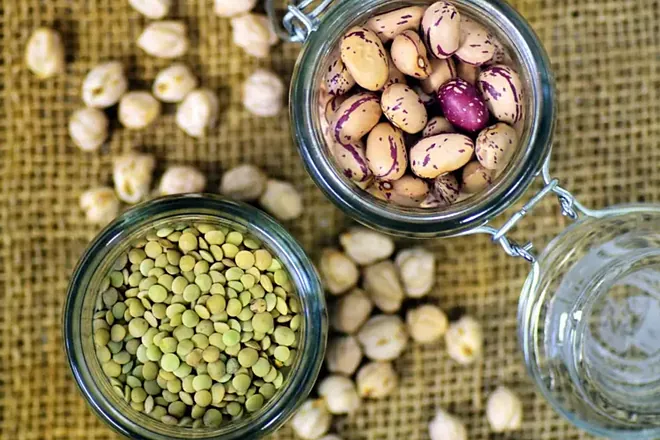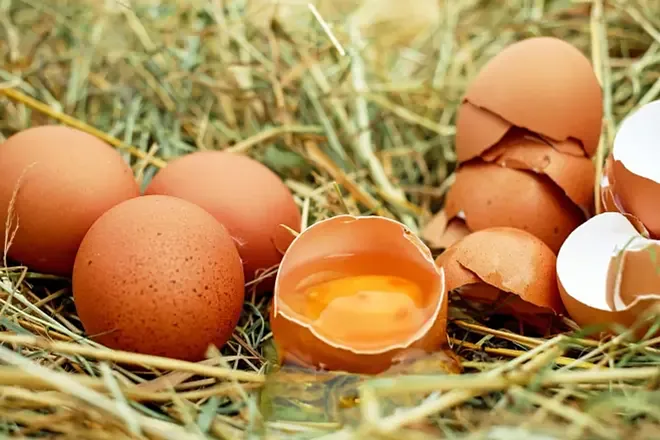Protein is often underestimated, yet it is one of the most essential nutrients for maintaining health throughout life. More than just a macronutrient, protein plays a vital role in tissue repair, muscle development, hormone production, and immune system function.

Why Protein Matters
Protein is made up of amino acids, often called the building blocks of the body. They allow damaged tissues to regenerate, support muscle growth, and help maintain balance across multiple systems.
Some of the most important benefits include:
- Tissue repair and recovery: Muscles, skin, hair, and nails all rely on protein to stay strong and healthy. After injuries or intense physical activity, protein accelerates cell regeneration.
- Muscle mass preservation: Especially important for older adults or women during menopause, when muscle loss can be more pronounced.
- Enzyme and hormone production: Protein is essential for metabolism, digestion, and a well-functioning immune system.
- Satiety and weight management: Protein-rich foods keep you fuller for longer, helping regulate appetite and avoid energy crashes.
- Bone health: Adequate protein intake supports bone strength and reduces the risk of fractures later in life.
Plant and Animal Protein Sources
While animal-based foods like lean meats, fish, eggs, and dairy are well-known sources, protein can also be found in plant foods such as legumes, lentils, beans, nuts, seeds, quinoa, and tofu. A balanced mix ensures the body receives all the amino acids it needs.
How to Incorporate Protein Into Your Diet
Nutrition experts recommend including a source of quality protein in every meal. For example:
- Breakfast: Greek yogurt with nuts and seeds
- Lunch: Lentil salad with vegetables and olive oil
- Dinner: Grilled salmon with quinoa and steamed greens
- Snacks: Hummus with whole-grain crackers, or a handful of almonds
A Foundation for Healthy Living
From childhood growth to maintaining strength in old age, protein is a cornerstone of balanced nutrition. Ensuring regular, varied intake helps improve recovery, boost vitality, and sustain long-term health.
Why is protein important for the body?
Protein is essential for building and repairing tissues, supporting muscle growth, producing enzymes and hormones, and keeping the immune system strong.
How much protein do I need per day?
The general guideline is around 0.8 grams of protein per kilogram of body weight for adults. Active individuals, athletes, or older adults may benefit from higher intake.
Can I get enough protein from plants?
Yes. Foods like beans, lentils, quinoa, tofu, tempeh, nuts, and seeds provide high-quality protein. Combining different plant foods ensures all essential amino acids are covered.
Is animal protein better than plant protein?
Animal proteins are “complete,” meaning they contain all essential amino acids. Plant proteins can also meet requirements when consumed in variety, making both valuable.
Does protein help with weight management?
Yes. Protein increases satiety, helps regulate appetite, and supports muscle mass, which in turn boosts metabolism.
What are easy ways to add more protein to meals?
Add Greek yogurt, eggs, or cottage cheese at breakfast
Include legumes, chicken, or fish in lunch and dinner
Snack on nuts, hummus, or protein-rich smoothies






